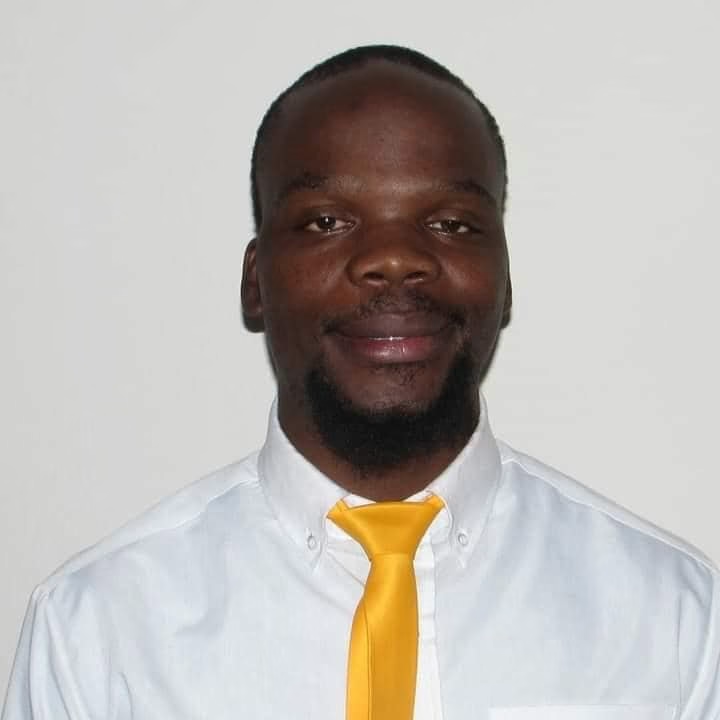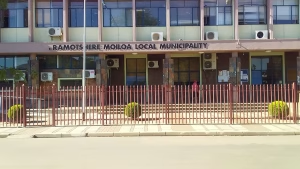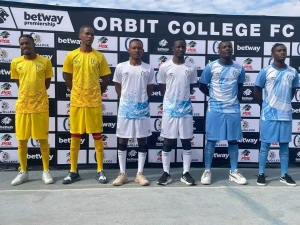
In the aftermath of the tragic and mysterious disappearance of journalist Sibusiso “Aserie” Ndlovu and his partner, Zodwa Mdhluli, the South African media landscape has witnessed not only a quest for justice but also a vigorous fight for press freedom. This battle came to a pivotal moment earlier this week when the KwaMhlanga Magistrate’s Court granted a court order allowing media houses to record the proceedings of the case, marking a significant victory for both the pursuit of justice and media transparency.
For months, the media community and the public at large have been following the case of Ndlovu and Mdhluli, whose remains were discovered in a field in early May 2025 after being missing for over two months. Their disappearance, the subsequent discovery of their bodies, and the arrests of suspects involved in their alleged kidnapping and murder have left the country grappling with grief and a deep sense of loss. But the questions remain: who was responsible for this senseless crime, and what can be done to ensure justice for the victims?
As the case continues to unfold, the African Media and Communicators Forum (AMCF) and the National Press Club (NPC) have been at the forefront of advocating for media access. For weeks, the press had been restricted from recording or photographing the court proceedings without a formal application. This restriction presented a unique challenge, as it meant that much of the public’s access to information relied on secondary reports and hearings—essentially depriving citizens of the opportunity to follow the case firsthand.
The court’s recent decision to permit media houses to record the proceedings of the trial has been hailed as a major step forward in ensuring transparency. The decision came after AMCF and NPC brought a formal application on behalf of several media houses, including Sunday Times, Kaya FM, News24, SABC, Newzroom Afrika, eNCA, Sowetan, and Eyewitness News (EWN). Their joint application sought to ensure that citizens who could not physically attend the proceedings could still stay informed on the developments of this high-profile case.
Antoinette Slabbert, the Acting Chairperson of the NPC, echoed the sentiment of many within the media community, emphasizing the importance of keeping the public informed. “The National Press Club and wider media fraternity has since the disappearance of our brother and colleague Aseri Ndlovu and his partner Zodwa Mdhluli consistently applied pressure to ensure they are brought home. Unfortunately, it was not the outcome we hoped for. However, we will not let up now; we will make sure that justice is served for the couple,” Slabbert stated.
The ruling is more than just a legal victory for journalists; it represents a triumph for the principle of justice being both done and seen to be done. Elijah Mhlanga, Chairperson of the AMCF, underscored the broader democratic significance of the court’s decision. “This ruling not only upholds the principles of transparency and public access to justice but also allows the community to stay informed about matters of great public interest. Such coverage fosters an environment where justice is not only done but is also seen to be done,” Mhlanga said.
As the trial moves forward, with the next hearing scheduled for 19 May 2025, the media organizations will continue their diligent efforts to ensure that the families of Ndlovu and Mdhluli, and the public at large, receive accurate and timely information. For the families who have already endured the agony of losing their loved ones under tragic circumstances, the importance of a fair and transparent trial cannot be overstated.
This victory for media freedom, though deeply tied to the tragic loss of two lives, is a reminder of the crucial role that transparency plays in the justice system. It highlights how essential it is that the public can access and witness the legal process, especially when the victims were members of the media themselves—individuals whose lives were dedicated to uncovering the truth, now tragically lost in a crime that seeks to silence their voices.
The media’s unrelenting pursuit of justice, their battle for transparency in the courtroom, and the wider community’s support for the families of Ndlovu and Mdhluli all point to one inescapable truth: the fight for justice does not end with the discovery of bodies or the arrest of suspects. It continues through every court appearance, every media broadcast, and every person demanding that the law holds those responsible accountable. As South Africa watches the case unfold, there is hope that justice will be served, not just for Ndlovu and Mdhluli, but for the fundamental rights that every citizen in this nation holds dear.






